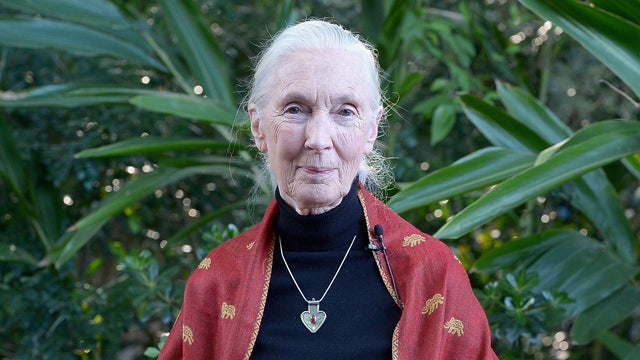
Jane Goodall: If humans don't change "we're going to destroy ourselves"
The world-renowned conservationist desperately wants the world to pay attention to what she sees as the greatest threat to humanity's existence.
Watch CBS News

The world-renowned conservationist desperately wants the world to pay attention to what she sees as the greatest threat to humanity's existence.
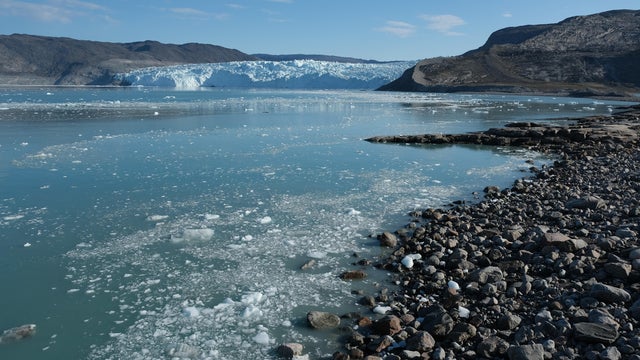
As the extreme northern heat wave continues, it's so warm in Norway people are skiing on glaciers in swimsuits.
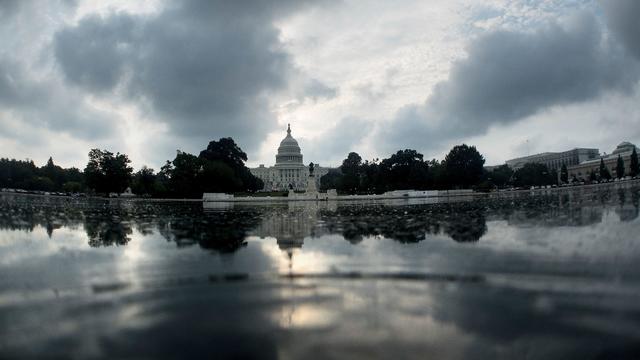
The House Select Committee on the Climate Crisis unveiled its plan for "a clean energy economy that puts families and workers first."
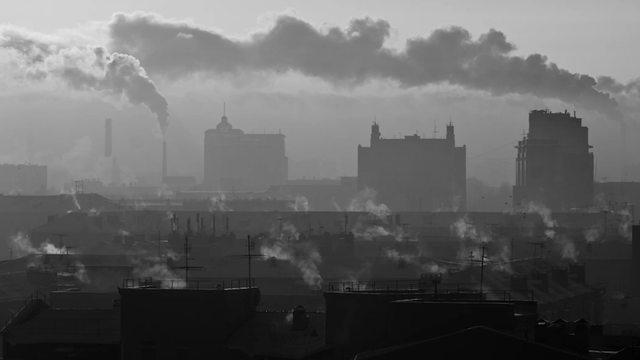
Reaching 100 degrees in or near the Arctic is almost unheard of.
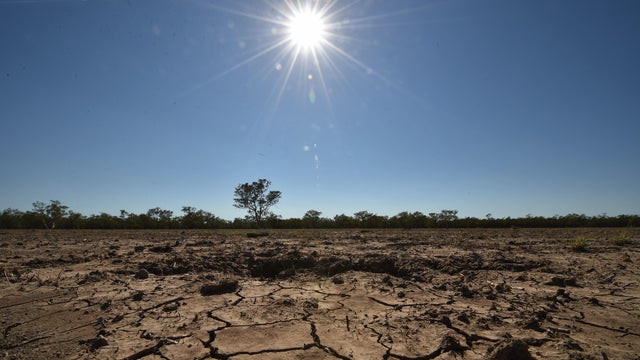
With a dramatic rise in temperatures in the Arctic, the world on track to break heat records again.
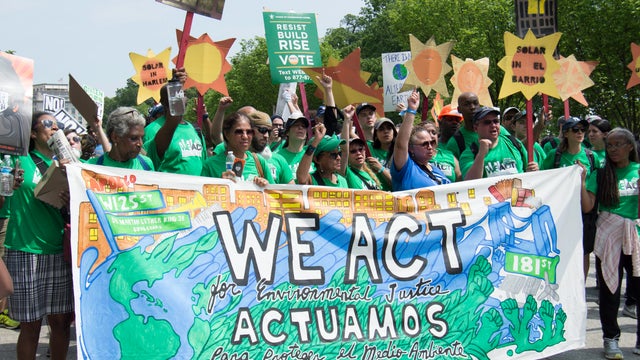
Peggy Shepard, the co-founder of WE ACT, talks to CBS News about the problem of environmental racism and what can be done to make communities safer and healthier.

The absorption of carbon dioxide by the planet's oceans is increasing, with warming temperatures forcing some marine species to migrate.
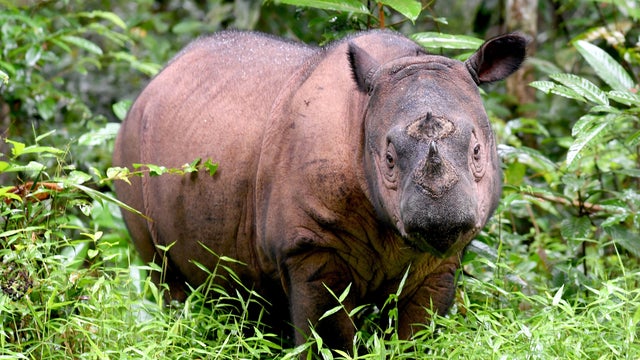
"We cannot separate ourselves from the natural world," said legendary conservationist Jane Goodall. "We continue to destroy it at our peril."
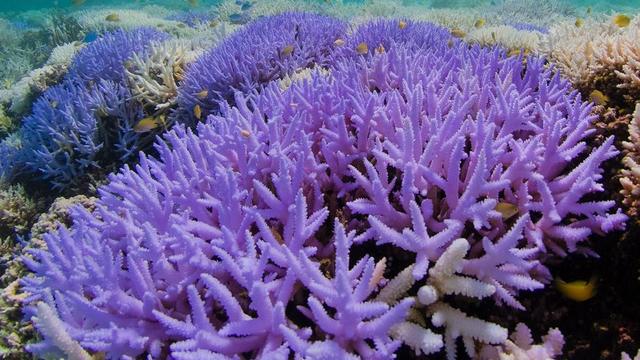
Coral reefs on the brink of death are attempting to send a survival signal, via fluorescent neon colors.
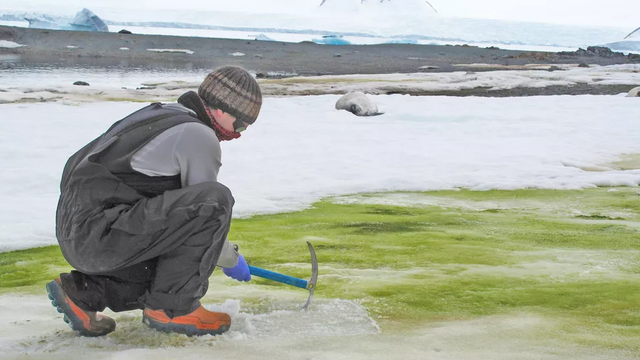
As the climate warms, scientists expect more and more of the snowy desert to turn bright green.
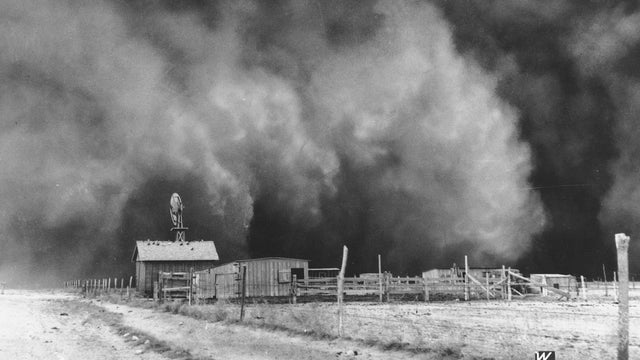
Instead of once in a century, such extreme heat could start coming around every 40 years, researchers say.
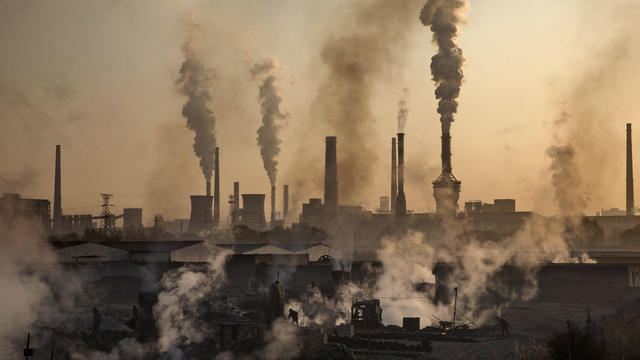
Lockdowns could lead to an annual emissions decline of up to 7% — the biggest emissions drop since World War II, researchers say.

As industry resumes, deadly pollutants hit levels in April even higher than last year, prompting warnings of a "dirty" economic rebound.

Carbon emissions growth has fallen below zero during India's coronavirus lockdowns, analysts say.
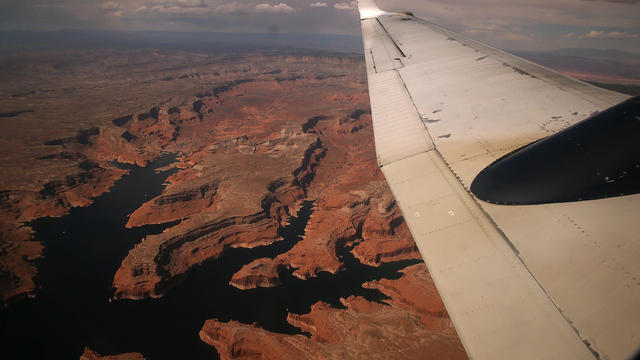
"The persistence of the drought conditions, in the Colorado River basin especially, is essentially unprecedented in human history," John Fleck, author of "Water is for Fighting Over," said.
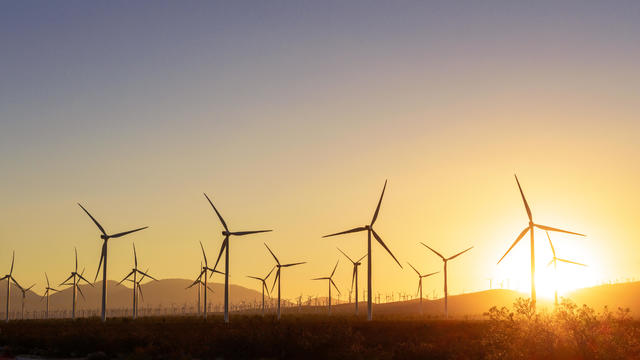
Coronavirus lockdowns have given solar, wind and hydropower a boost.
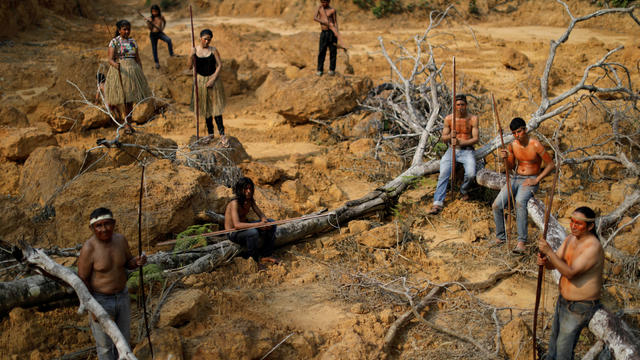
Researchers say deforestation in the Brazilian Amazon increased by more than 50% in the first three months of the year.
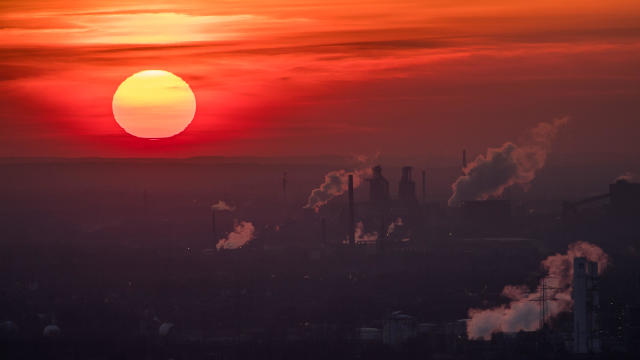
And most are likely to be too poor to afford air conditioning, researchers say. The culprit: climate change.
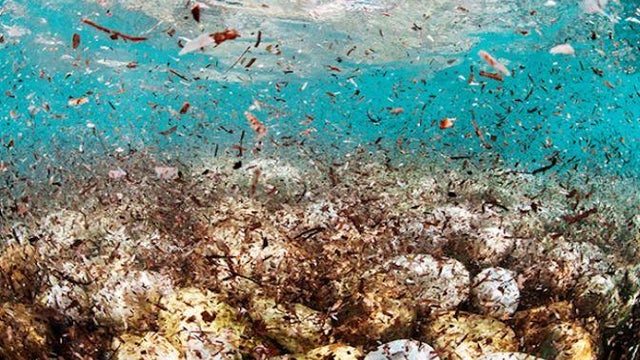
Researchers have found 1.9 million pieces of plastic in an 11-square-foot area of the sea — the highest-ever concentration of microplastics.
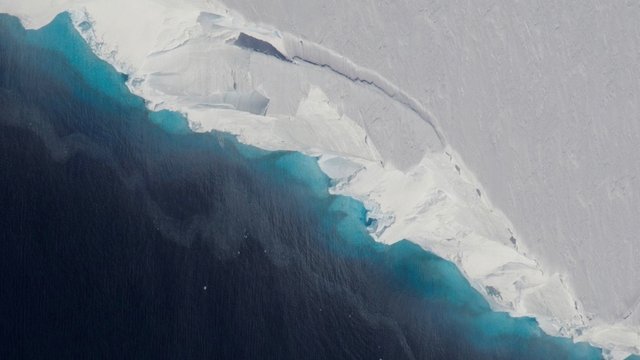
The two landmasses have lost about 5,000 gigatons of ice in the last decade and a half, which could fill around 2 billion Olympic-sized swimming pools.
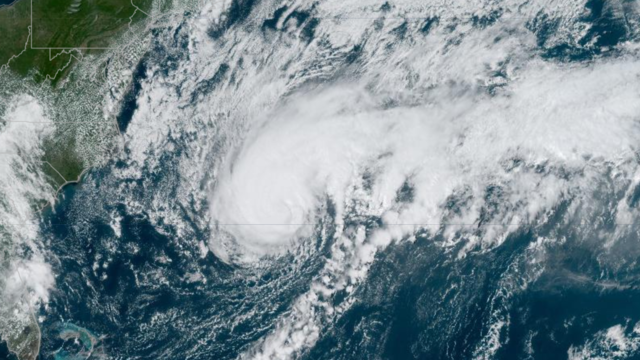
"The ability to respond will be severely hindered," one expert warned.

A new study says enough methane is spewing out of the Permian Basin to power 7 million households in Texas for a year.

Much of the coral in the 10,000-year-old Florida reef has been lost due to climate change, disease and pollution — now scientists may have a way to help save it.

With humans stuck inside, carbon emissions have fallen significantly and the skies are clearing.
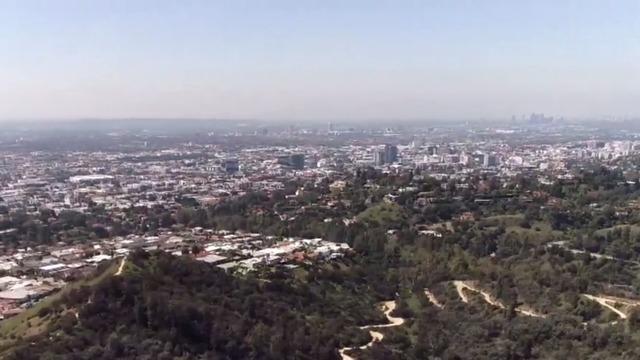
Los Angeles has some of the cleanest air in the world with lockdowns in place.

Neil deGrasse Tyson explains why, despite believing life likely exists elsewhere, he's still waiting for real proof.

Astrophysicist Neil deGrasse Tyson joins "CBS Mornings" to discuss his updated book "Just Visiting This Planet," which tackles more than 200 questions about science and the universe — including why the sky is blue.
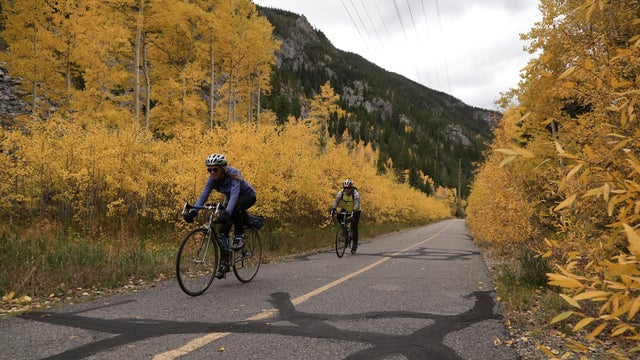
Leaf-peeping season has arrived in the Northeast and beyond, but weeks of drought have dulled this year's autumn colors and sent leaves fluttering to the ground earlier than usual.
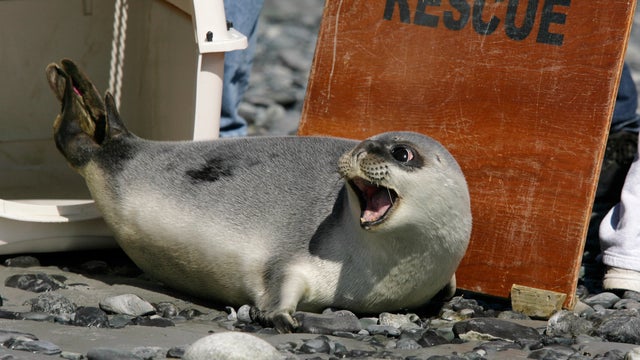
One bright spot is green sea turtles, which have recovered substantially, the IUCN said as it released its latest Red List of Threatened Species.
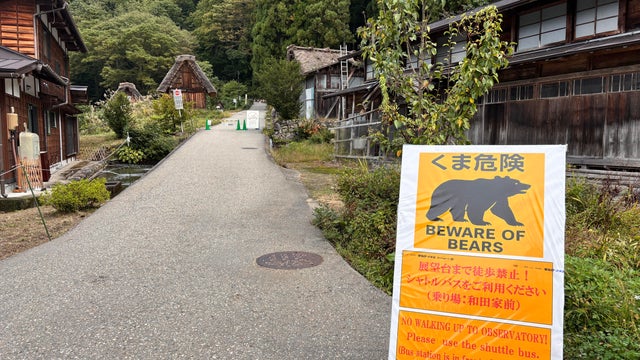
As Japan faces rising human-bear encounters, an animal trapped in a grocery store injured two men, while a separate reported mauling proved fatal.

The images taken by two Mars orbiters show a bright, fuzzy white dot of the comet, also known as 3I/ATLAS, appearing to move against a backdrop of distant stars.

One of 2025's three Nobel Prize in Physics winners says the trio's work is "one of the underlying reasons that cellphones work.''
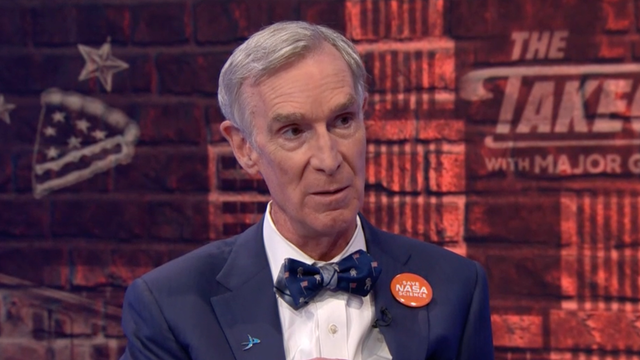
Bill Nye the Science Guy on Monday protested against a federal budget proposal that would see NASA's funding reduced from $24 billion to $18.8 billion.

Nobel Prize committee chair says discoveries by the trio of researchers were "decisive for our understanding of how the immune system functions."
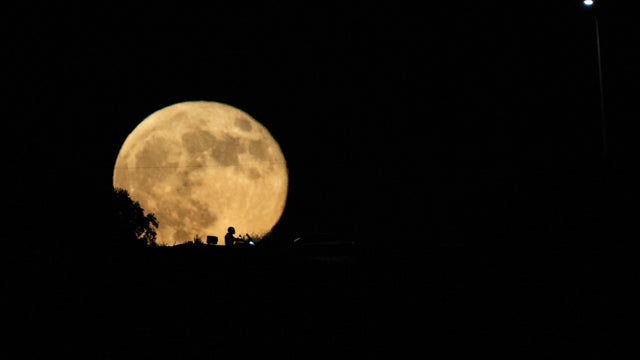
The first supermoon of 2025 will arrive soon. Here's what to know about the phenomenon.
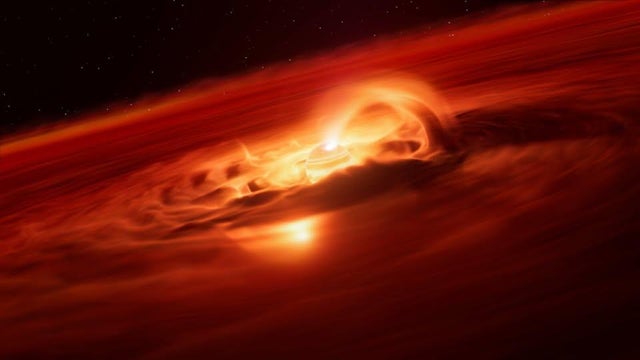
ESO's Very Large Telescope has observed a rogue planet and revealed that it is eating up gas and dust from its surroundings at a rate of 6 billion tons a second.
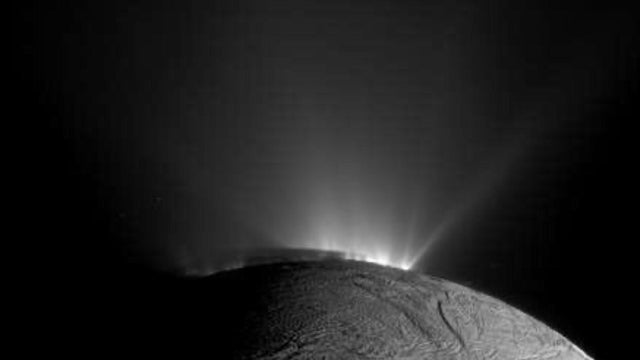
Enceladus has long been considered a prime candidate in the search for life beyond Earth because of its hidden ocean and plumes of water erupting from cracks near its south pole.
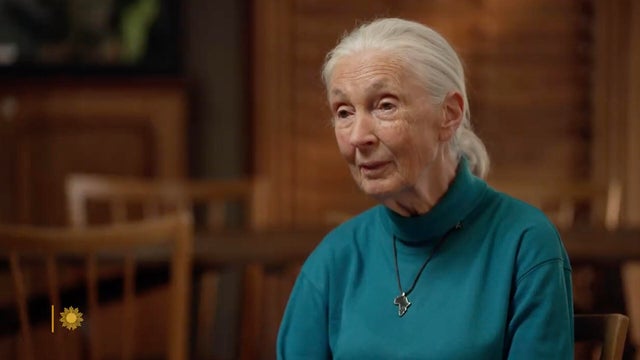
Famed naturalist Jane Goodall, who dedicated her life to studying chimpanzees and protecting the environment, died on Wednesday, Oct. 1, 2025 at age 91. In this Oct. 24, 2021 "Sunday Morning" profile, she talked with Seth Doane about her fascination with animals, her groundbreaking work with primates, and her advocacy for a more sustainable future.
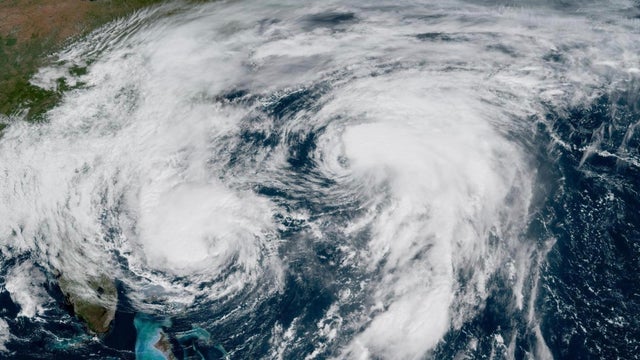
The outer bands of Humberto lashed Bermuda ahead of a more direct pass from the newer and stronger Hurricane Imelda.
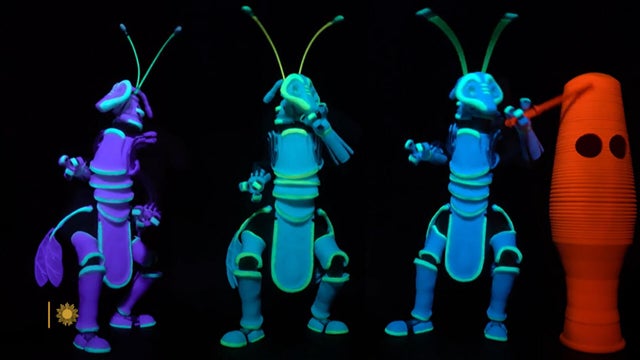
The chirping of crickets in your backyard can be a soothing seasonal sound, but did you know it's also an accurate way to tell the temperature – if you know the mathematical formula? Robert Krulwich and puppeteer Barnaby Dixon explain.